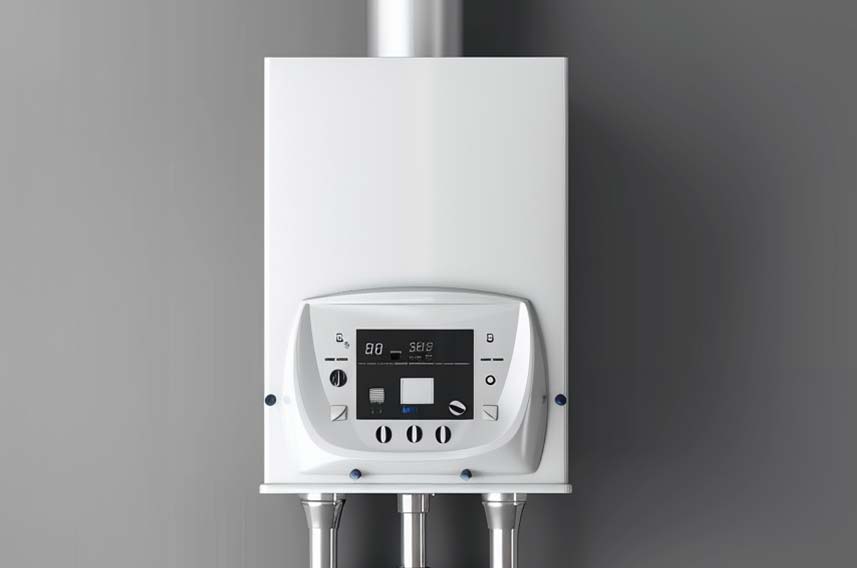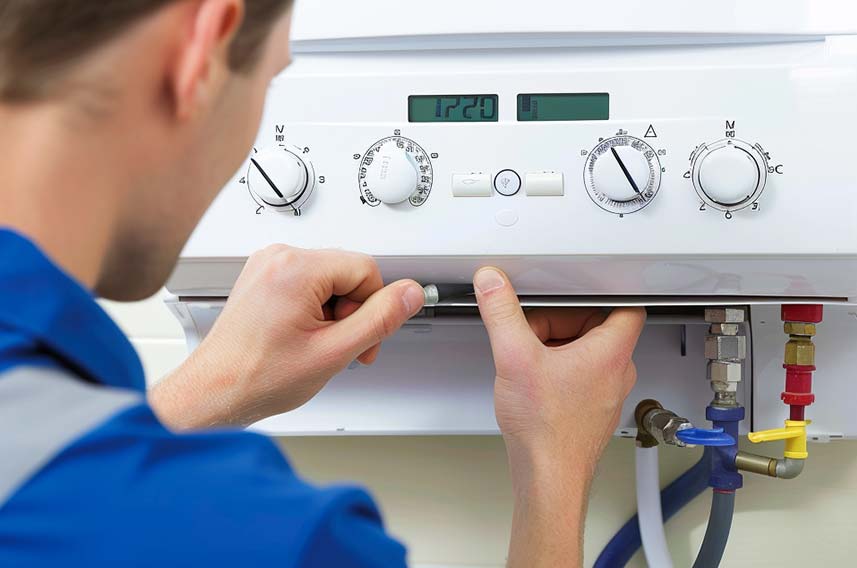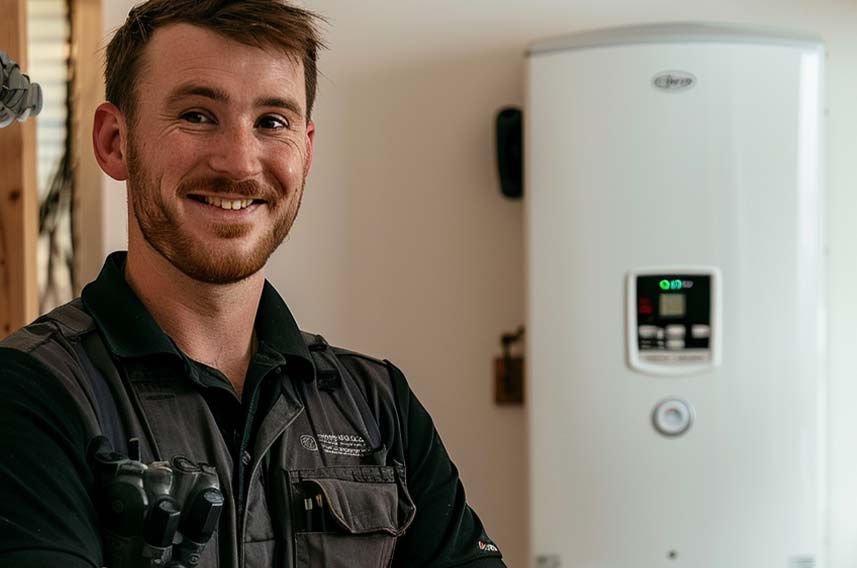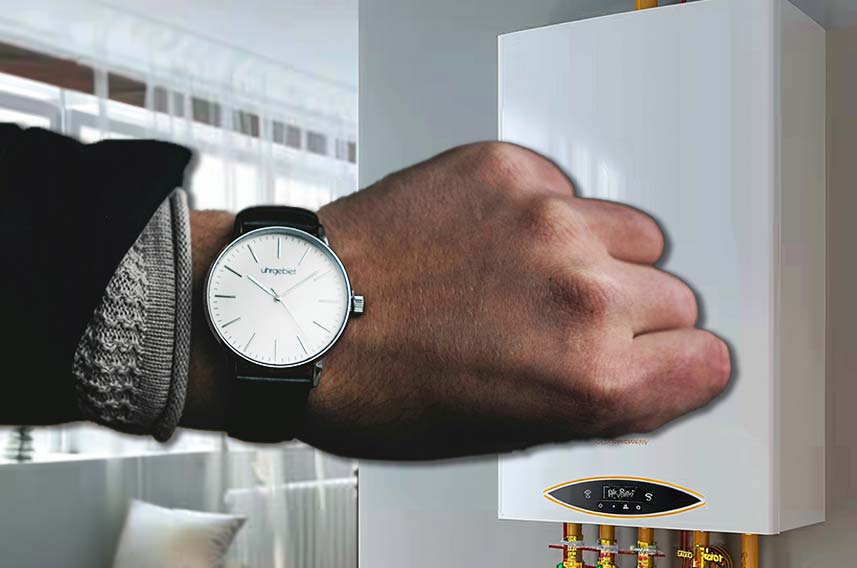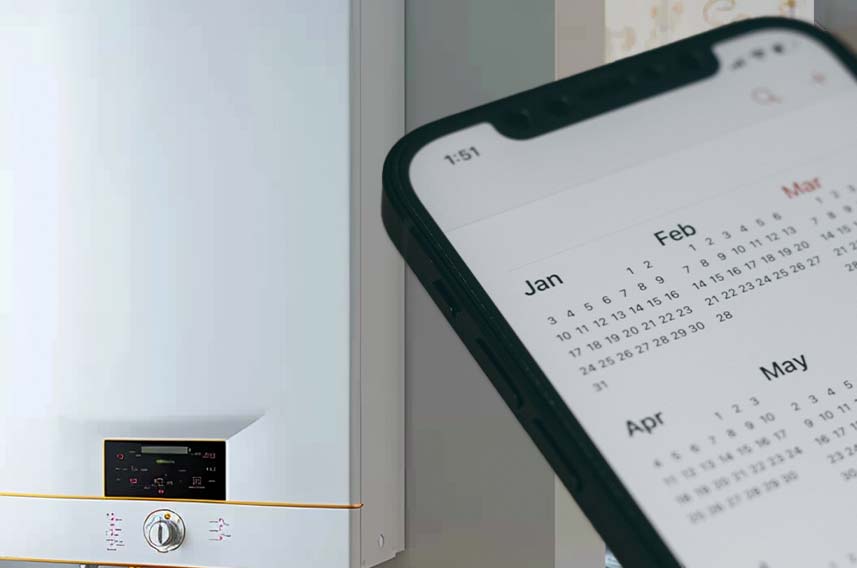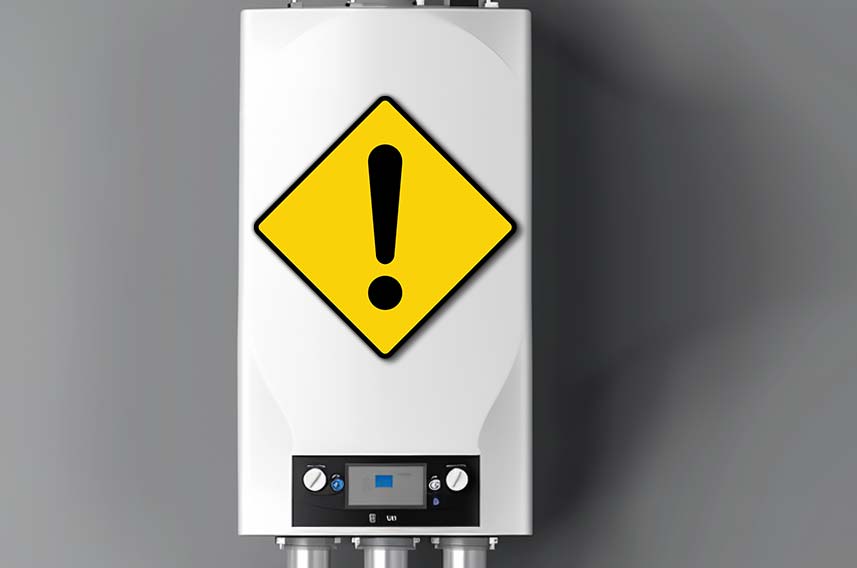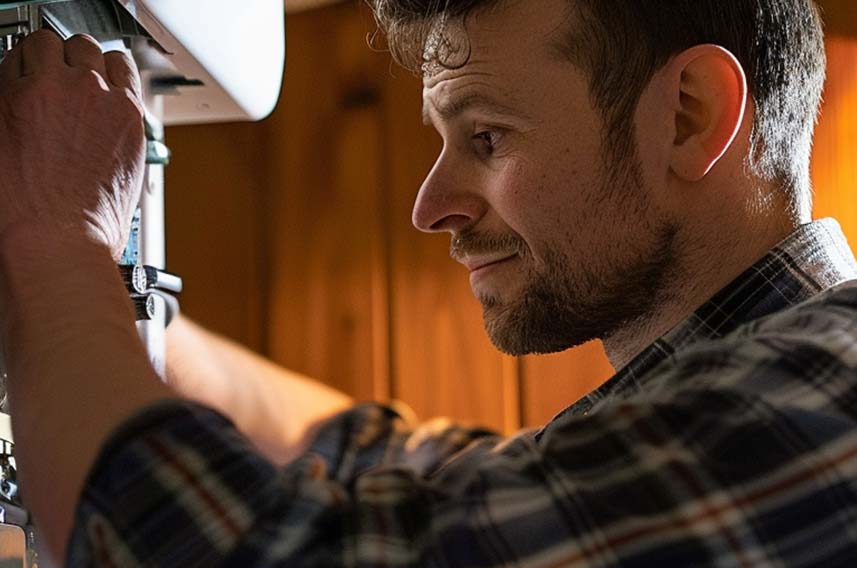Tel: 01474 876800 • Client Portal
- Who We Are
- What We Do
- Build
- Carpentry
- Building Works
- Commercial Flooring
- Commercial Glazing
- Commercial Locksmith
- Commercial Painting & Decorating
- Commercial Plastering
- Commercial Plumbing
- Commercial Refurbishment
- Commercial Roofing
- Design & Construction
- Electrical Installation
- Hard & Soft Landscaping
- Mechanical & Electrical
- Office Builders
- Office Fit Outs
- Office Heating
- Office Partitioning
- Office Relocation
- Site Management
- Maintain
- 24 Hour Helpdesk
- Access Control
- Air Conditioner Repair
- Air Conditioning Servicing
- Commercial Boiler Servicing
- Commercial Electricians
- Commercial Ground Maintenance
- Commercial Pest Control
- Commercial Property Maintenance
- Drain Unblocking
- Emergency Callouts
- Emergency Light Testing
- Facilities Management
- Fire Alarm Testing
- Fire Extinguisher Testing
- Fire Sprinkler Testing
- Fixed Wire Testing
- Handyman Service
- Lift Servicing
- Office Health & Safety
- PAT Testing
- Planned Preventative Maintenance
- Reactive Maintenance
- Roof Maintenance
- TMV Maintenance
- Water Hygiene
- Clean
- Build
- How We Do It
- Why Use Us
- Contact
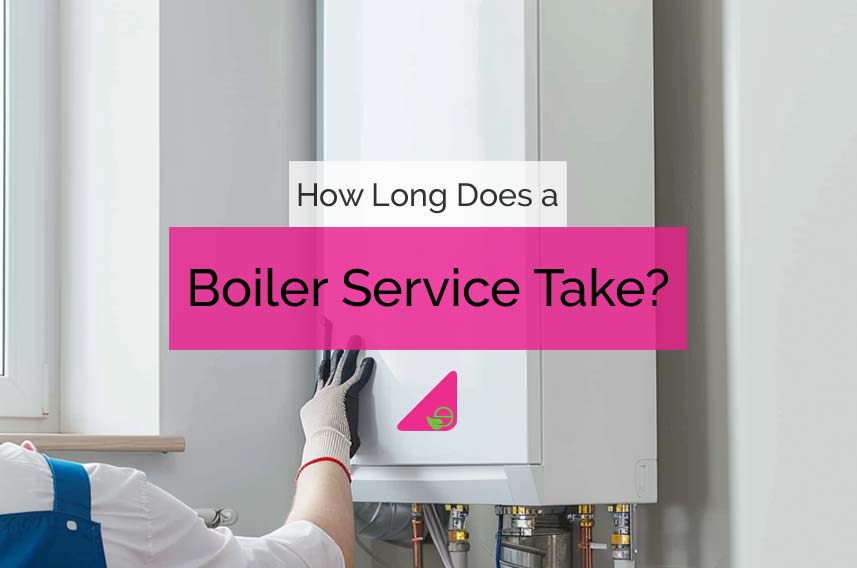
How Long Does a Boiler Service Take?
Boiler services are crucial for maintaining the efficiency and safety of your heating system.
Understanding how long a boiler service takes can help you plan your day better and avoid unnecessary disruptions.
In this article, we will discuss the process and timing involved in servicing different types of boilers, including combi, regular, and system boilers.
We will also cover how often you should get your boiler serviced, the importance of regular maintenance, the dangers of neglecting boiler service, whether you can perform the service yourself, and the legal requirements for boiler servicing.
By the end of this article, you’ll have a comprehensive understanding of boiler servicing and its vital role in ensuring the safety and efficiency of your heating system.
Table of Contents
What is a Boiler Service?
A boiler service is a comprehensive inspection and maintenance procedure performed on your boiler to ensure it operates efficiently and safely.
During a boiler service, a qualified engineer examines all the key components of your boiler, including the heat exchanger, burner, main injector, and spark probe.
The engineer will also check for any leaks, corrosion, or wear and tear that could affect the boiler’s performance.
Regular boiler servicing helps to identify and resolve minor issues before they turn into major problems.
What Happens During a Boiler Service?
During a boiler service, the engineer will follow a systematic checklist, which generally includes the following steps:
Visual Inspection
The engineer will start with a visual check of the boiler and its surroundings.
This includes inspecting the boiler’s casing, pipework, and flue to ensure there are no signs of leaks, corrosion, or blockages.
The boiler’s installation and position will also be reviewed to ensure it complies with current safety regulations.
Internal Inspection
The engineer will remove the boiler casing to examine the internal components.
This includes checking the heat exchanger, burner, main injector, and spark probe for any signs of wear, damage, or blockages.
The condition and cleanliness of these components are crucial for efficient operation.
Flue and Combustion Check
The flue is inspected to ensure it is clear of obstructions and properly connected.
The engineer will also check the boiler’s combustion chamber using a flue gas analyzer to measure the levels of carbon monoxide and other gases.
This ensures the boiler is burning fuel safely and efficiently.
Electrical Components Check
The engineer will inspect and test the electrical connections and controls, including the thermostat, wiring, and safety devices.
Ensuring these components are functioning correctly is essential for the boiler’s safe operation.
Pressure and Seals Check
The system’s pressure is checked and adjusted if necessary.
The engineer will also inspect seals and joints for signs of leaks or deterioration.
Cleaning
Key components, such as the heat exchanger and burner, are cleaned if necessary to remove any build-up of dirt or debris, which can affect the boiler’s efficiency and performance.
Operational Check
Finally, the boiler is reassembled, and the engineer will fire it up to check its operation.
This includes verifying that it starts correctly, runs smoothly, and all controls are functioning as expected.
After completing these steps, the engineer will provide a service report outlining any findings, work carried out, and any recommendations for further maintenance or repairs.
Why Do You Need a Boiler Service?
A boiler service is essential for several key reasons:
Safety
A boiler service ensures safety.
Regular servicing can detect and prevent potentially dangerous issues, such as gas leaks or carbon monoxide emissions, which can pose serious health risks.
Efficiency
A well-maintained boiler operates more efficiently, reducing energy consumption and lowering utility bills. This also contributes to a smaller environmental footprint.
Proactive Maintenance
Servicing helps prevent unexpected breakdowns by identifying and addressing minor issues before they become major, costly repairs.
This proactive maintenance extends the boiler’s lifespan, providing long-term savings and reliability.
Manufacturer’s Warranty
Regular servicing is often a requirement for maintaining the manufacturer’s warranty, ensuring that you are covered in case of defects or failures.
How Long Does a Boiler Service Take?
The duration of a boiler service can vary depending on the type of boiler and its condition.
The 3 main types of boilers are:
Combi Boilers
A service for a combi (combination) boiler, which provides both heating and hot water from a single unit, generally takes between 45 minutes to an hour.
Combi boilers are often more compact and have fewer external components compared to other boiler types, making the servicing process more straightforward.
The engineer will inspect the boiler, clean key components, check for leaks, and ensure that the combustion process is operating efficiently.
Despite their simpler design, thorough checks are essential to maintain efficiency and safety, ensuring the boiler delivers both heating and hot water reliably.
Regular Boilers
Regular boilers, also known as conventional or traditional boilers, typically take longer to service due to their more complex system.
This type of boiler uses a separate hot water cylinder and often includes a cold water storage tank in the loft. Servicing a regular boiler can take between 1 to 1.5 hours.
The process involves not only inspecting and cleaning the boiler itself but also checking the associated components like the cylinder, tanks, and pipework.
Engineers need to ensure that the entire system, including pumps, valves, and the expansion vessel, is functioning correctly and safely.
System Boilers
System boilers, which have a separate hot water cylinder but no cold water tank, require a service duration similar to regular boilers, typically around 1 to 1.5 hours.
Although they have fewer components than regular boilers, the presence of a hot water cylinder still necessitates additional checks.
During the service, the engineer will inspect and clean the boiler, check the expansion vessel, and ensure the system’s pressure is correct.
They will also examine the cylinder and other integrated components to ensure the system is operating efficiently and safely.
How Often Should I Get a Boiler Service?
It is recommended to get your boiler serviced annually to ensure its efficient and safe operation.
Annual servicing helps in identifying and rectifying potential issues before they escalate into major problems, reducing the risk of breakdowns and costly repairs.
Regular maintenance also ensures that your boiler operates at optimal efficiency, which can save on energy bills and extend the lifespan of the unit.
For households with older boilers or those experiencing frequent issues, more frequent servicing might be necessary.
What Are the Dangers of Not Having a Boiler Service?
Neglecting to service your boiler can lead to several serious dangers and issues.
Carbon Monoxide
One of the primary risks is carbon monoxide poisoning.
A malfunctioning boiler can leak this odourless, colourless gas, which is highly toxic and can cause severe illness or even death if inhaled in large quantities.
Regular servicing helps detect and prevent such leaks, ensuring your home’s safety.
Breakdowns
An unserviced boiler is more likely to suffer from breakdowns.
Minor issues that could have been easily fixed during a service can escalate into major problems, leading to costly repairs or the need for a complete boiler replacement.
This not only disrupts your heating and hot water supply but also incurs significant financial burdens.
Higher Energy Usage
An inefficient boiler also consumes more energy, leading to higher utility bills.
Over time, this increased energy usage can significantly impact your household expenses.
Moreover, an inefficient boiler has a larger environmental footprint, contributing to unnecessary carbon emissions.
Voided Warranty
Finally, neglecting boiler service can void your manufacturer’s warranty. Most warranties require annual servicing to remain valid.
Without regular maintenance, you could lose the warranty coverage, leaving you unprotected against defects and failures.
Can I Do My Own Boiler Service?
Performing your own boiler service is not only illegal (unless you are qualified), it is not recommended due to the complexities and safety risks involved.
Boilers are sophisticated appliances that require professional expertise to service correctly.
A qualified heating engineer has the necessary training, experience, and certification to safely inspect, maintain, and repair boilers.
Attempting to service a boiler without proper knowledge can lead to serious safety hazards, including gas leaks, carbon monoxide poisoning, and potential explosions.
Additionally, improper servicing can result in damage to the boiler, leading to costly repairs or replacements.
Is a Boiler Service a Legal Requirement?
In the UK, a boiler service is a legal requirement for landlords under the Gas Safety (Installation and Use) Regulations 1998.
Landlords must ensure that all gas appliances, including boilers, are safely maintained and undergo an annual gas safety check by a registered Gas Safe engineer.
They must provide tenants with a copy of the Gas Safety Certificate within 28 days of the check.
For homeowners, while it is not a legal requirement to have an annual boiler service, it is strongly recommended for safety, efficiency, and to maintain the manufacturer’s warranty.
Regular servicing helps prevent potential hazards, such as gas leaks and carbon monoxide poisoning, and ensures the boiler operates efficiently.
Conclusion
Hopefully you now have more of an understanding of how long does a boiler service take.
A boiler service is essential for maintaining the efficiency and safety of your heating system.
The duration of the service can vary depending on the type of boiler, typically ranging from 30 minutes to an hour and a half.
Annual servicing is recommended to prevent breakdowns, save on energy bills, and ensure safe operation.
Always hire a qualified engineer for the job, as DIY servicing can be dangerous.
For landlords, annual boiler servicing is a legal requirement. Prioritise regular maintenance to keep your boiler running smoothly and safely.
For more information, get in touch with us here at ECMS.
Request a Callback
Recent Posts
- How to Clean Stainless Steel Surfaces 01th Aug 2025
- 10 Common Saniflo Toilet Troubleshooting Solutions 01th Jul 2025
- Importance of Personal Hygiene at Work 01th Jun 2025
- How to Clean a Toilet Brush 01th May 2025
- How to Clean Painted Walls 01th Apr 2025
- How to Get Oil Stains Out of Carpet 01th Mar 2025
- How to Clean a Fridge and Remove Bad Smells 01th Feb 2025
- How to Get Coffee Stains Out of a Carpet 01th Jan 2025
- How to Clean Gutters Correctly 01th Dec 2024
- What is PAT Testing? 01th Nov 2024


